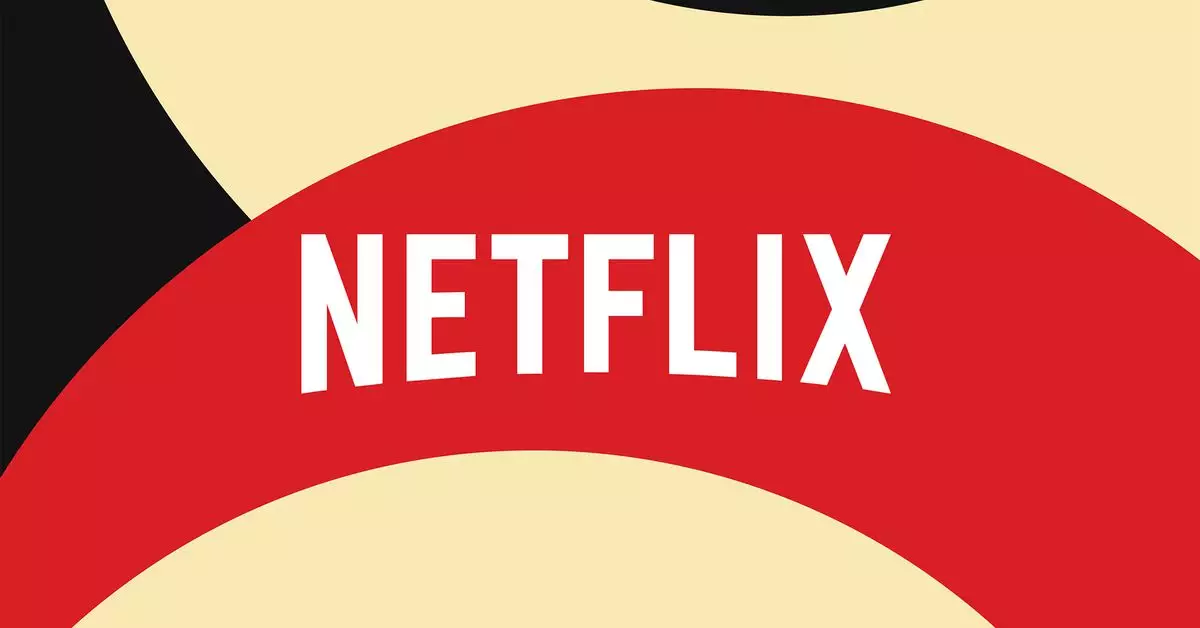Netflix has made the decision to boot longtime subscribers off their Apple iTunes billing plans, requiring them to pay Netflix directly using a credit card or debit card instead. This move is significant for those who have been enjoying the convenience of having their Netflix subscription billed through iTunes.
The change affects all members on the basic plan who were utilizing an iTunes payment method. This means that subscribers who have been enjoying the ease of having their Netflix subscription included in their Apple billing will now have to transition to paying Netflix directly.
For many subscribers, this means facing a price increase of more than $5 for essentially the same plan they have been enjoying for years. Alternatively, users can opt to pay $3 less and have ads included in their streaming experience. This financial impact may prompt users to reevaluate their relationship with streaming services and the overall cost of their entertainment.
This recent change marks the culmination of a long-standing saga between Netflix and Apple. While Apple introduced in-app subscription options for iPhones in 2010, Netflix did not adopt this feature in its iOS app until 2015 due to its disagreement with Apple’s 30 percent commission. In 2018, Netflix made the decision to remove in-app subscriptions entirely to avoid paying Apple any fees, a move that has now led to the current billing method change.
Netflix’s decision to shift away from iTunes billing plans for longtime subscribers has financial implications for users and marks the end of a prolonged dispute between Netflix and Apple. Subscribers will now need to adapt to paying Netflix directly, either facing a price increase or accepting ads in their streaming experience. This change serves as a reminder of the evolving landscape of streaming services and the shifting dynamics between content providers and platform operators.


Leave a Reply